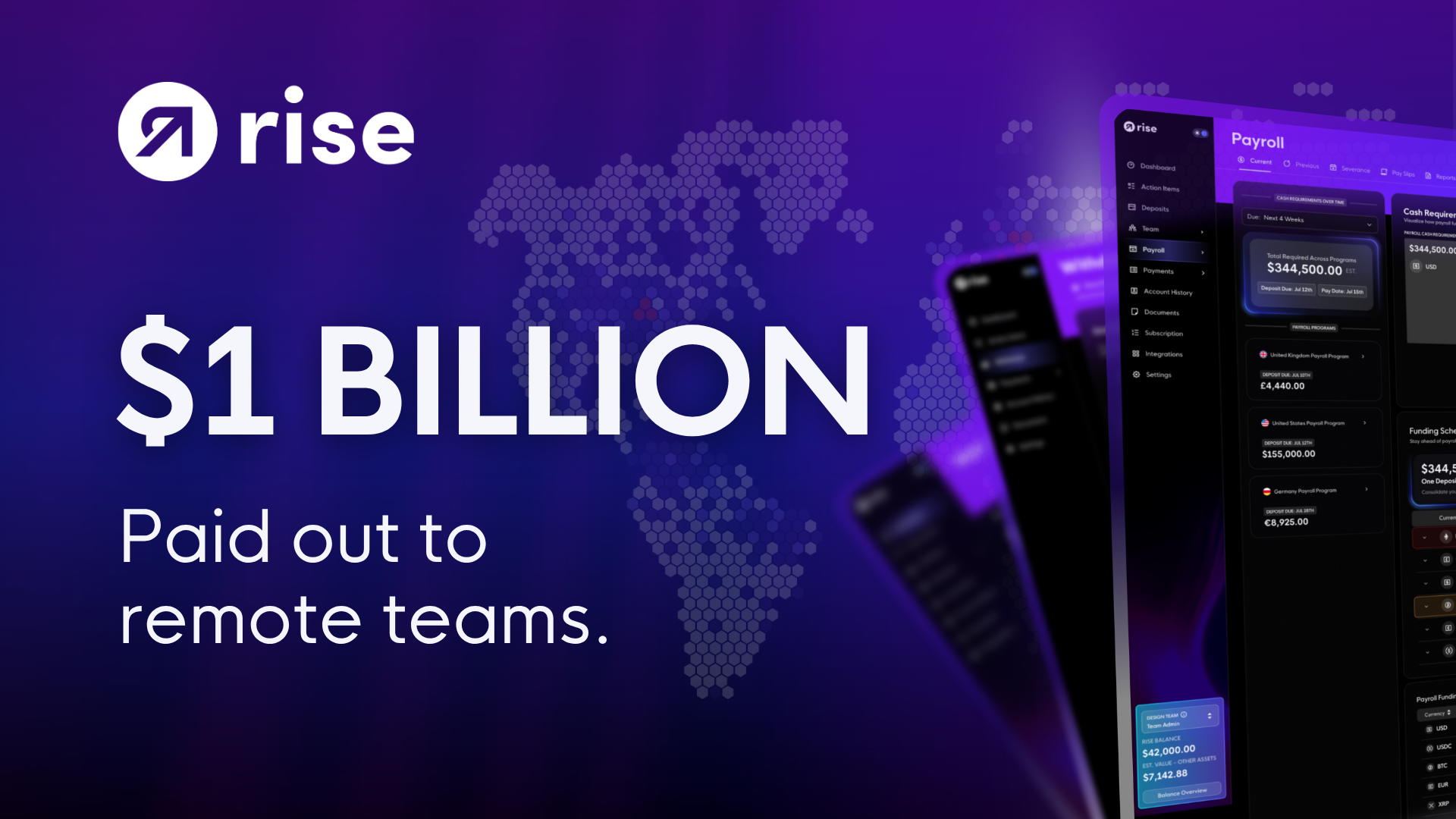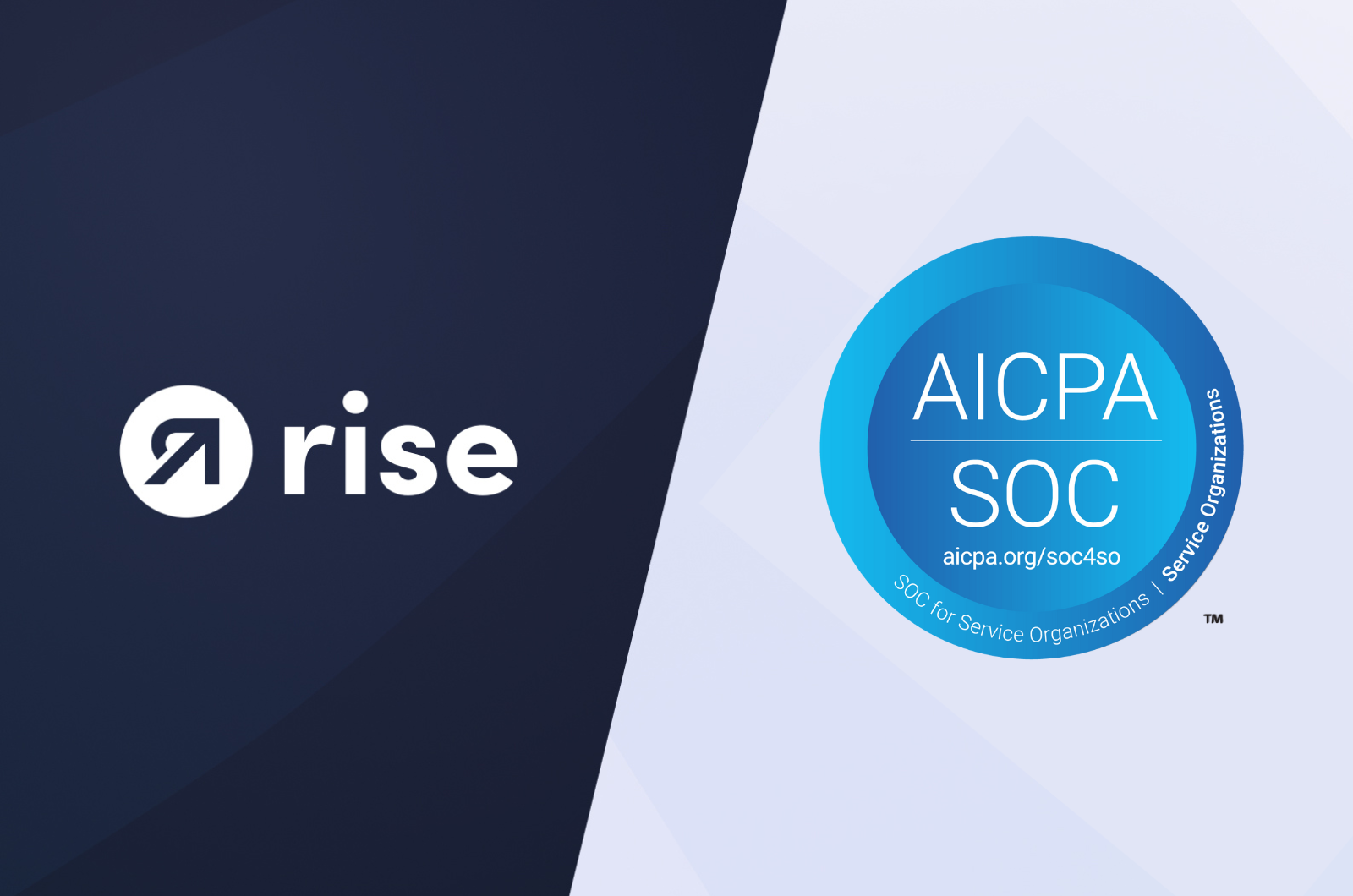

We just launched our new brand. Check it out and see how we are changing the Remote Payment HR world forever.
What is Supplemental Pay?
Supplemental pay is a type of compensation that is paid in addition to an employee's regular pay. It is used to provide additional income to employees for working extra hours, performing special duties, or as a reward for good performance.
Examples of supplemental pay include:
- Overtimes pay for working extra hours
- Holiday pay for working on a holiday
- Shift differential pay for working an evening or night shift
- Bonus pay for meeting or exceeding performance goals
- Hazard pay for performing dangerous or hazardous job duties
Supplemental pay is typically paid in addition to an employee's regular base pay and is calculated based on specific rules or formulas. For example, overtime pay may be 1.5 times an employee's regular hourly rate for each hour worked over 40 hours in a workweek, while holiday pay may be a set amount or a percentage of an employee's regular pay.
Supplemental pay is an important part of an overall compensation package, as it helps to motivate employees, retain talented employees, and compensate employees for extra work or good performance. However, it is important for employers to understand and comply with all applicable laws and regulations regarding supplemental pay, such as minimum wage laws and overtime rules.
Revolutionize your Payroll & Empower your People
Get access to the definitive guide on web3-enabled payroll and compliance solutions














